Thirteen of the Best Books We Read in 2019
From fiction that will pull you in to eight ways the world could end

At the Scholar, 2019 was a year full of books. In addition to editing and producing reviews and literary essays for our print magazine and website, our online book club read and discussed 11 different books, both fiction and nonfiction. We interviewed memoirists, biographers, and journalists for our podcast. Meanwhile, members of our editorial board published seven books among them this year. Still, we always make time for non-work reading. Here are the 13 best books we read this year.
26 Stories by Joaquim Maria Machado de Assis, translated by Margaret Jill Costa and Robin Patterson

More than 20 years ago, I read, with considerable pleasure, two of Joaquim Maria Machado de Assis’s novels, Dom Casmurro and The Posthumous Memoirs of Brás Cubas; this year, I finally became acquainted with the short stories of the Brazilian master, who was born in 1839 and who died in 1908. Machado’s stories—satirical, biting, funny, tender, sly, and often unreliably narrated—tend to portray some aspect of human obsession. Read, for example, the brief “Midnight Mass” as well as the novella-length “The Alienist”—both deserve a place beside the finest work of Turgenev and Chekhov. —Sudip Bose
The Tyranny of Virtue: Identity, the Academy, and the Hunt for Political Heresies by Robert Boyers

These nine essays by an English professor, writer, and editor of the literary magazine Salmagundi explore how such basic liberal values as free speech, the exchange of ideas, and respect for the opinions of others have devolved on many campuses into a self-righteous and illiberal belief that those who do not share the most radical views must be silenced. One of these essays, “Privilege for Beginners,” appeared in the spring 2018 issue of the Scholar under the title “The Privilege Predicament,” . —Robert Wilson
The Witch Elm by Tana French
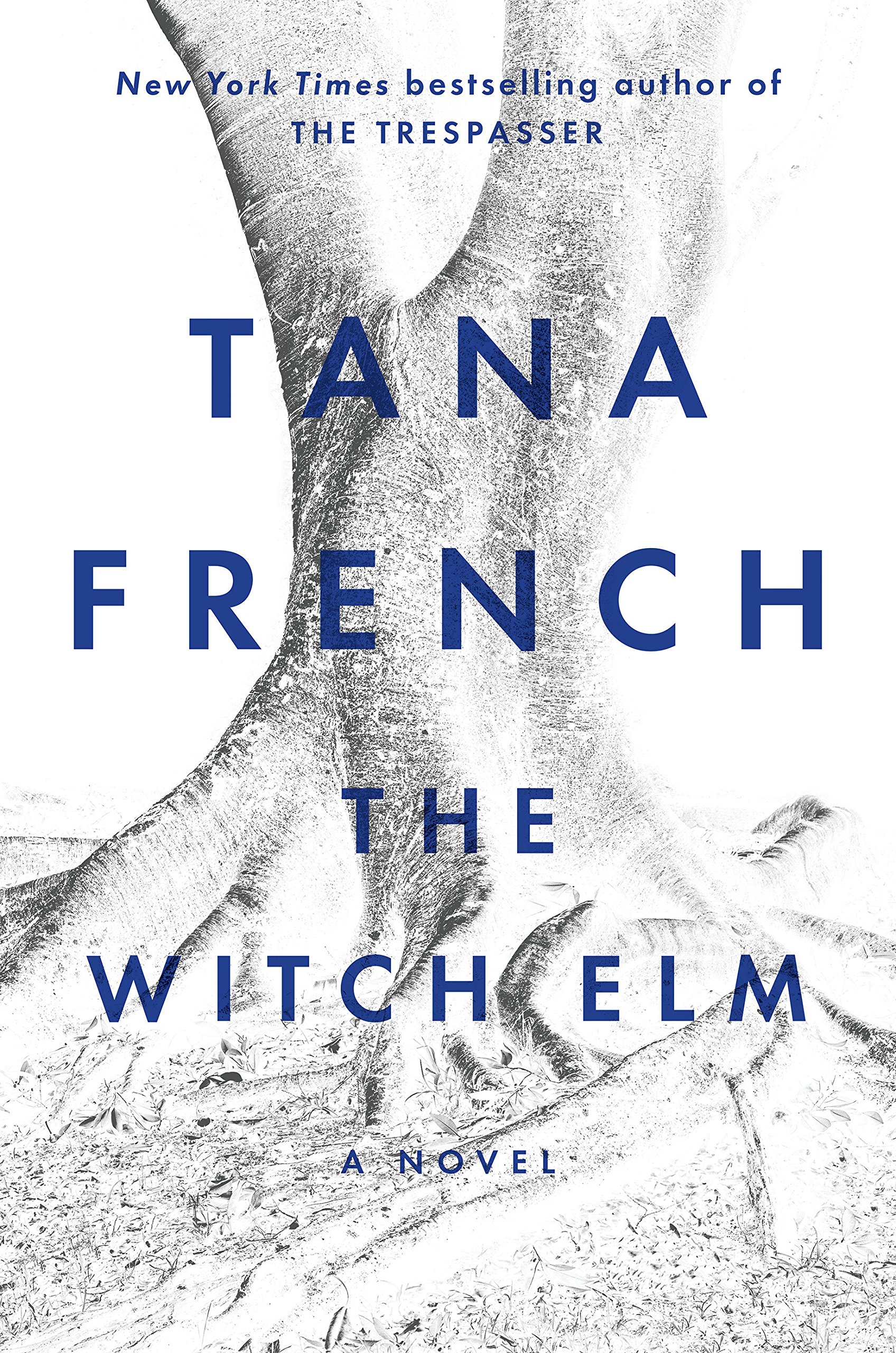
Though I’ve tried the odd thriller, I’ve never found the literary equivalent of my beloved BBC crime dramas … until now. I inhaled all five novels in the Dublin Murder Squad series as well as French’s standalone mystery novel, The Witch Elm. —Stephanie Bastek
The Nightingale by Kristin Hannah

World War II, romance, drama, espionage … need I say more? This book, a little dark at times, is incredibly well-written. The characters, two sisters living in France during the German occupation, will tug on your heartstrings until the last page. —Taylor Curry
In the House in the Dark of the Woods by Laird Hunt
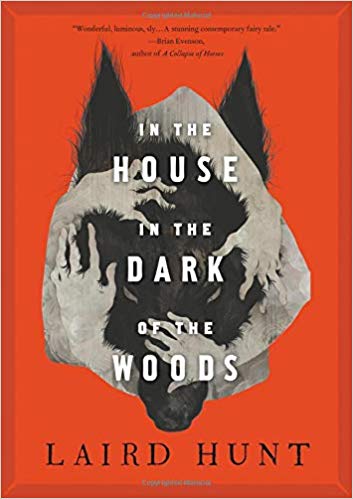
In colonial New England, a woman goes for a walk in the woods to pick berries for her husband and young son. She soon gets lost and stumbles upon a cabin, where she meets a mysterious woman who offers her shelter. It’s the stuff of fairy tales, but in Laird Hunt’s spare and poetic retelling, this classic premise soon reveals its dark heart. Why can neither woman find her way out of the woods? And who is the monster haunting the cabin—the gracious host or her wandering guest? In the House in the Dark of the Woods is a novel that defies easy characterization—fantasy or horror? fairy tale or ghost story?—and is all the better for it. —Katie Daniels
Severance by Ling Ma

I loved every word of this deadpan gem, which is a Russian nesting doll of genres: scathing office satire contained inside a zombie roadtrip inside an immigrant story inside an anti-capitalist dystopia. It was so bleak and so funny—both buzzwords I’m thinking about as we march toward a new year. —Stephanie Bastek
Embers by Sándor Márai
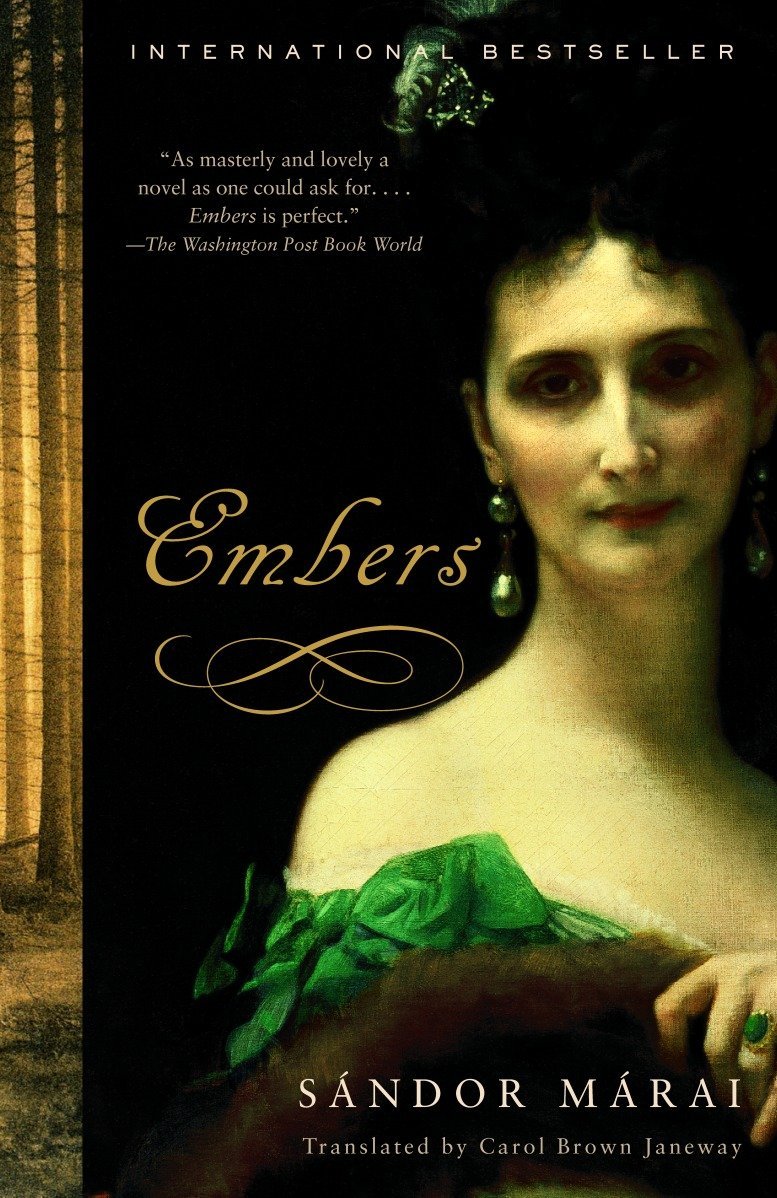
Márai was born in Austria-Hungary as the empire raced toward its cataclysmic demise in the First World War. In this short, haunting novel of revenge, a retired general waits in his remote castle deep in the woods for the arrival of his best friend, whom he has not seen in 41 years. His mental preparations for this fateful encounter take the reader back through decades of emotional turmoil centering on his late wife’s death—and his friend’s betrayal. —Bruce Falconer
There There by Tommy Orange

Believe the hype: this was an incredible, poetic debut about urban American-Indian life, with individual characters’ stories unwittingly intertwining into the fatal braid of an Oakland powwow. —Stephanie Bastek
September 1, 1939 by Ian Sansom
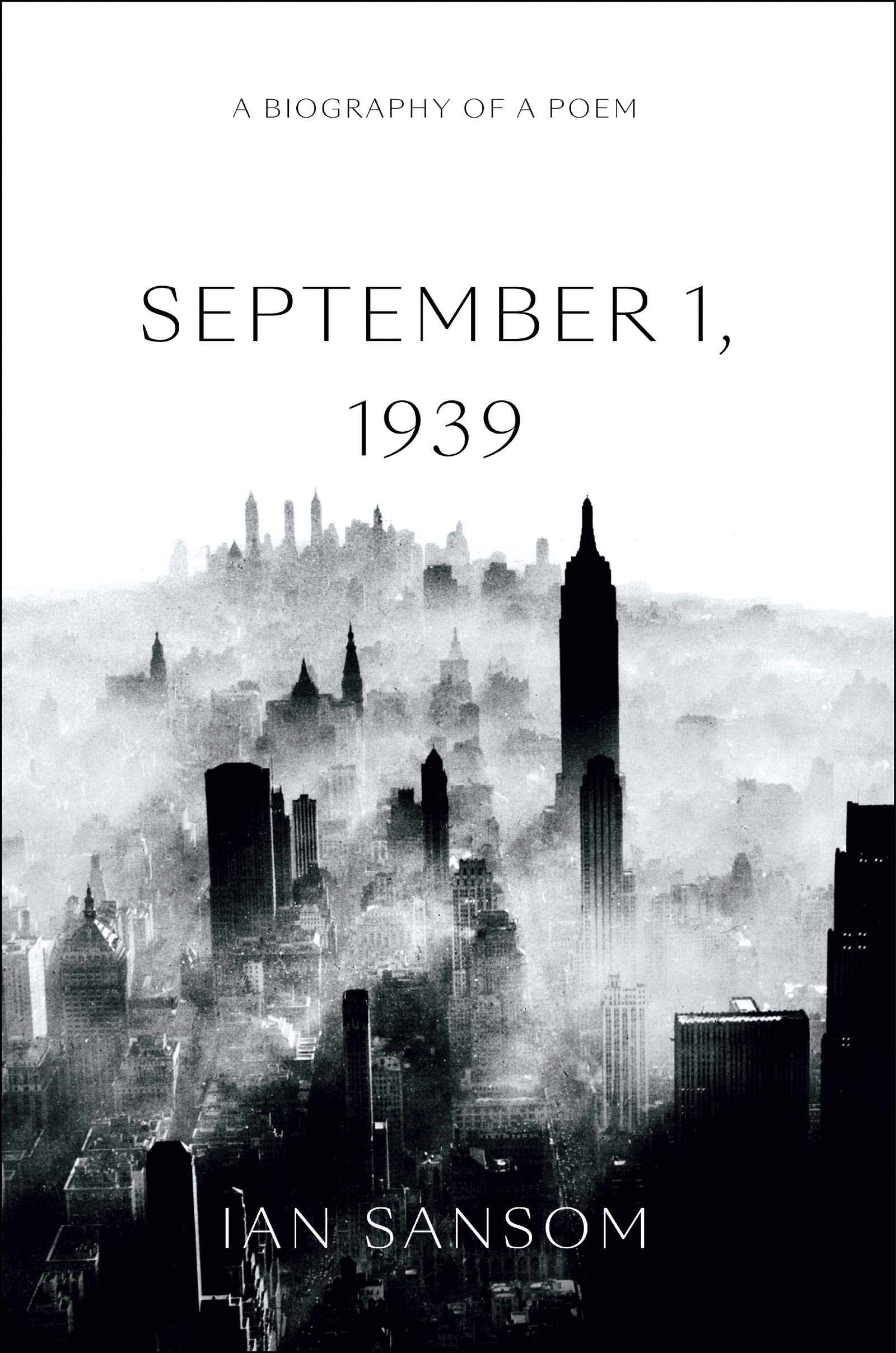
You need not be a connoisseur of poetry or have any preexisting interest in the life and works of W. H. Auden to be spellbound by this stylish, self-deprecating study of Auden’s greatest poem. Sansom set out to write a comprehensive biography of Auden, only to find himself unequal to the task. For that we should be grateful because this slim book—the product of Sansom’s self-declared failure—distills the essence of the poet and his times. —Bruce Falconer
Territory of Light by Yuko Tsushima, translated by Geraldine Harcourt
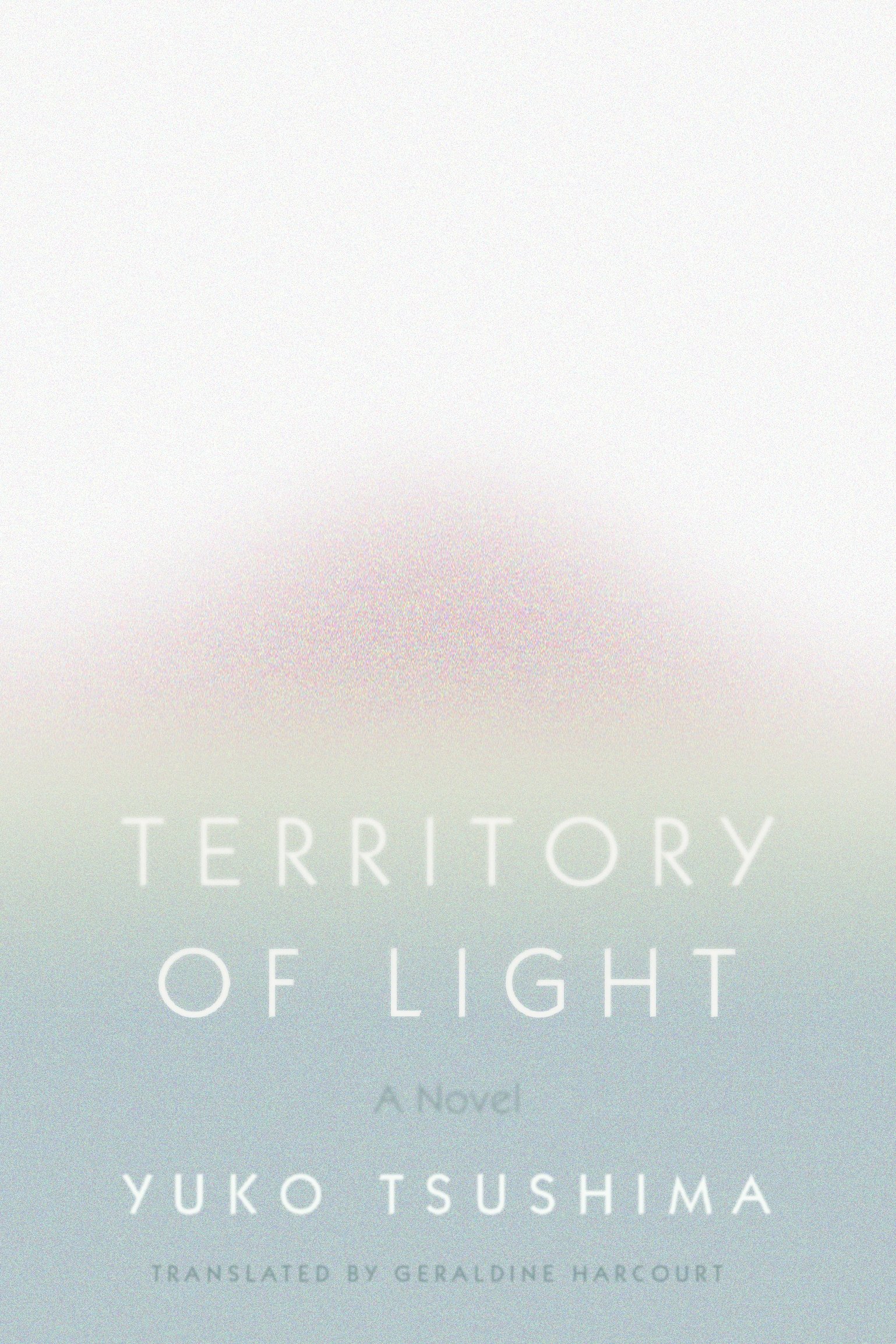
After finishing Territory of Light, I found it difficult, for a good while, to begin reading another book, so stubbornly did this haunting and desolate work linger in my mind. Written in 1979, Tsushima’s second novel depicts a woman, abandoned by her feckless husband, who must raise her two-year-old daughter alone, while living in a large, luminous Tokyo apartment. The book’s episodes, rendered in moving, diaphanous prose, comprise one year in the characters’ lives. In the most mundane moments, and certainly in the bleakest, Tsushima suggests the possibility of a quiet redemption for her protagonist, yet in true realist fashion, the writer provides nothing like a tidy denouement. —Sudip Bose
End Times: A Brief Guide to the End of the World by Bryan Walsh

Some people prepare for their first child by babyproofing their house or stocking up on diapers. Climate change reporter Bryan Walsh welcomed his first son by researching and writing a book about eight different ways the world could end, and how mankind can respond. As a “welcome to the family gift,” it’s a little grim. But it’s also packed with interesting trivia. For example, in 1815, one of the largest volcanic eruptions in modern history spewed ash and sulfur into the atmosphere, changing weather patterns around the world—and inspiring a young woman named Mary Wollstonecraft Shelley to write the ghost story that later became Frankenstein, since she needed a way to occupy herself during the dreary, rainy summer that followed the eruption. It’s the perfect gift for fans of science writing (and perhaps also us glass-half-empty types). —Katie Daniels
Educated by Tara Westover

My top-five list of all-time-favorite books hasn’t changed since 2012, but I’ve made a rare exception for Educated. This book is a page-turner—I read it in a single day—and, as a bonus, you can watch our [Spoiler Alert] book club discussion about the book on the Scholar’s Facebook page. —Taylor Curry
The Wallcreeper by Nell Zink
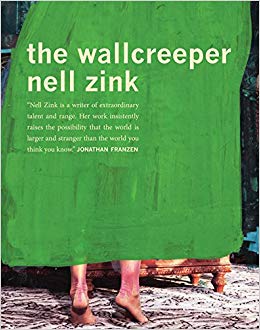
A young American couple moves to Europe and … end up becoming eco-terrorists. But hear me out. The Wallcreeper is also a novel about love, fidelity, and bird watching, and (despite—or because?—of that) one of the funniest books I read this year. You have to see for yourself how Nell Zink pulls off this improbable premise, and because the book is only 200 pages long, you’ll be finished all too soon. —Katie Daniels

